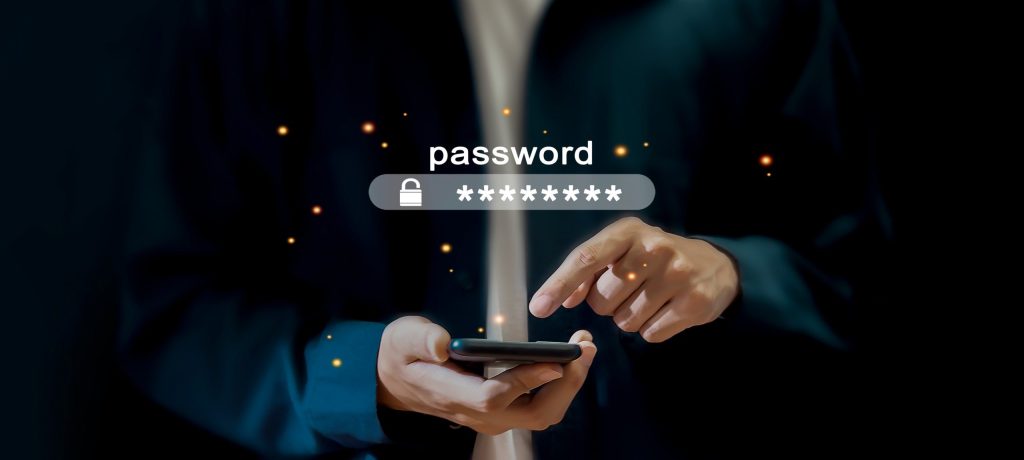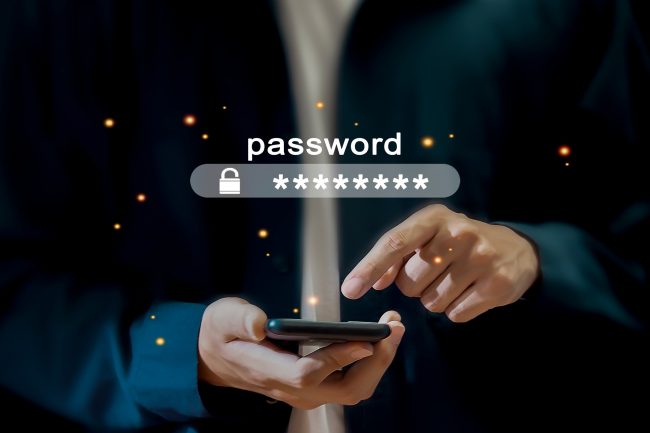
In the digital age, a new frontier of intimacy has emerged: sharing passwords. For many couples, exchanging passwords is the ultimate sign of trust. It’s a declaration that they have nothing to hide. So, what does it mean when a partner refuses? This refusal can become a major point of conflict. In fact, it can feel like a locked door you are not allowed to enter. The reasons people refuse to share passwords are often complex. They can range from a healthy desire for privacy to a clear red flag. Understanding the “why” is key to navigating this modern dilemma.
It’s About Privacy, Not Secrecy
This is the most common and legitimate reason. A person may feel their phone is their own private space. It contains private conversations with friends and family. It might also hold their personal journals or work communications. Therefore, they believe everyone is entitled to a zone of personal privacy, even in a relationship. In their mind, the refusal is not about hiding something from their partner. Instead, it is about preserving a space for themselves. This is a boundary they feel is essential for their autonomy.
They Have Been Betrayed in the Past
A past experience can create a lasting wound. For example, a person will be hesitant to share a password again if an ex used their private information against them. Their ex might have read their emails as ammunition in a fight. They might have also logged into social media to post something malicious. For this person, a password is not just a key; it is a shield. Their refusal is often a trauma response. Ultimately, it is a protective measure that is not necessarily a reflection of their current partner.
They Are Hiding Something
This is, of course, the most common fear. And sometimes, it is the truth. The refusal to share a password can be a clear sign of infidelity. A partner having an affair will guard their phone like a fortress. They know it contains the evidence of their betrayal. Similarly, a person hiding a gambling addiction will also refuse access. In these cases, the password is the lock on a Pandora’s box. The intense way they react to the request is often the biggest red flag.
They Believe It Creates an Unhealthy Dynamic
Some people believe checking a partner’s phone is a toxic habit. Instead, they feel that partners should build a relationship on trust, not surveillance. They believe the trust is already broken if you feel the need to look. For them, the password issue is just a symptom of a deeper problem. Refusing to share passwords is a principled stand. They are trying to maintain a dynamic based on trust, not verification. Therefore, they are refusing to participate in a behavior they see as unhealthy.
They Are Protecting Someone Else’s Privacy
A person’s phone contains private conversations with many other people. For instance, a friend may have confided in them about a sensitive medical issue. A family member might have shared a secret about their marriage. The person may feel a deep responsibility to protect the privacy of those who have trusted them. So, they refuse to share their password not because they are hiding their own secrets. They are protecting the secrets of others. It is an act of loyalty to their friends and family. People often overlook this nuanced position in the heat of a conflict.
It’s a Conversation About Boundaries, Not Just Technology
Ultimately, the password issue is rarely about the password itself. Instead, it is a conversation about trust, privacy, and boundaries. There is no one “right” answer that works for every couple. Some couples thrive on complete transparency. Meanwhile, others require a greater degree of personal autonomy. The key is to have an open and honest conversation. You must discuss what privacy and trust mean to both of you. A refusal to share passwords is not automatically a red flag. But a refusal to even have the conversation about it certainly is.
Privacy or secrecy: Where do you draw the line in a relationship? Let us know your thoughts in the comments.
What to Read Next…
- 8 Workplace Surveillance Trends That Quietly Violate Privacy
- Invasion of Privacy: 7 Real Reasons She’s Checking Your Phone and Computer Search History
- 8 Things Your Obituary Might Accidentally Reveal to Scammers
- 6 Types of People Most Likely to be Targeted by Scammers
- 9 Ruthless Scams That Prey on Families Right After a Death

Latrice is a dedicated professional with a rich background in social work, complemented by an Associate Degree in the field. Her journey has been uniquely shaped by the rewarding experience of being a stay-at-home mom to her two children, aged 13 and 5. This role has not only been a testament to her commitment to family but has also provided her with invaluable life lessons and insights.
As a mother, Latrice has embraced the opportunity to educate her children on essential life skills, with a special focus on financial literacy, the nuances of life, and the importance of inner peace.







